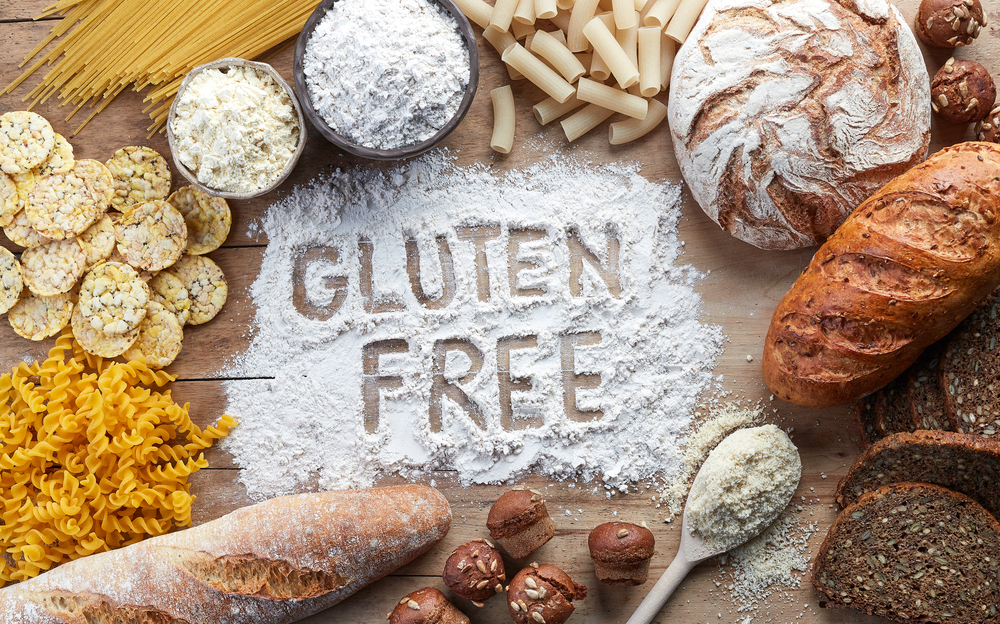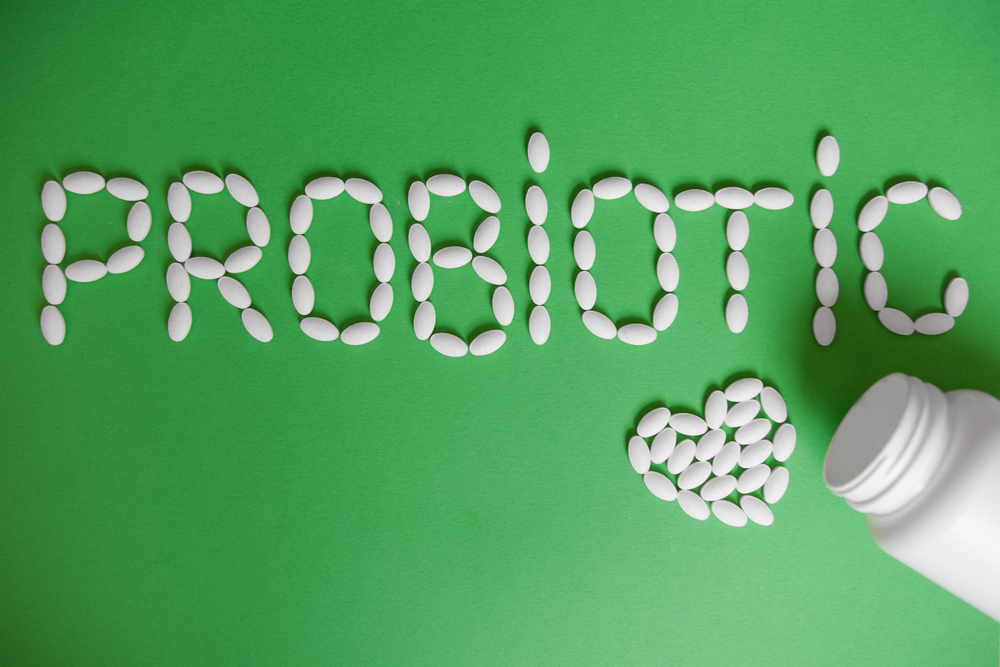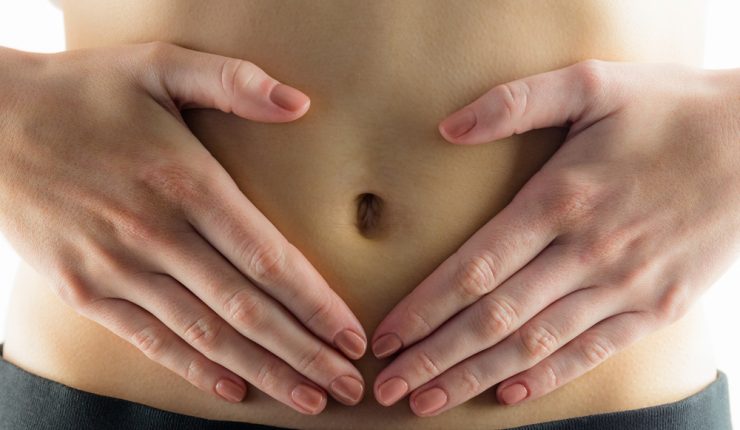“I’m a 35-year-old lady, in pretty good health generally, apart from my erratic digestive system. One minute I’m constipated and the next I have diarrhoea, for no apparent reason. I have seen my GP who has diagnosed irritable bowel syndrome (IBS), but this doesn’t help with my symptoms! I can’t seem to work out the triggers, although I do have a fairly stressful job, which I accept, may be a factor. What nutritional advice can you give me please? “
Clinical Nutritionist, Suzie Sawyer, answers.
This is a very timely question as it’s IBS Awareness month during April. Around 10 to 15 percent of the population suffer from IBS. And whilst it’s good to have a diagnosis, as you say this also doesn’t help the symptoms either.
What causes IBS?

From a nutritional perspective, we always look to find the root cause of any symptoms. IBS is a catch-all name, with many causes, often stemming from small bowel overgrowth (SIBO) in the gut. However, food sensitivities (which can be easily checked with a simple blood test), infection, lactose intolerance, infection, imbalances in serotonin (our ‘happy hormone’ made in the gut), a low fibre diet, hormonal imbalances, or malabsorption of nutrients, and more besides.
Trigger foods

I guess your doctor will have checked for any parasitic infection when he gave you the diagnosis, so in your case, it’s worth looking to the food you’re eating as the first port of call. The most common trigger foods are wheat, corn, dairy products, coffee, citrus fruits, and chocolate.
You can try an elimination diet by picking one of the above and not eating any foods containing it for a couple of weeks at a time, to see if there are any changes. If there is no change, move on to the next one and repeat the process. It is frustrating but a good way to see what may be causing your symptoms.
Often removing any gluten-containing foods (which includes wheat) can make a dramatic improvement in symptoms. Gluten tends to irritate the gut, creating inflammation and often leading to IBS, especially the symptoms you describe
Feed your good gut bacteria

The gut microbiome, that amazing life inside our digestive system, needs to be nourished and balanced for it to function properly. To this end, I would recommend a course of probiotics containing multiple strains of good bacteria as a starting point. The gut can always do with some love, so there is no downside to taking them and hopefully some positive outcomes which occur in terms of symptom control.
Managing stress

You mentioned that you have a stressful job, and we know that this can trigger IBS symptoms. Stress also leads to more imbalances in the gut bacteria so this could be a factor in your case. I would therefore explore behavioural therapies and other relaxation techniques such as yoga, meditation and mindfulness.
It’s hard to eliminate stress altogether but certain therapies can improve our resilience to its negative effects.
Take regular exercise

I’m not sure how much exercise you do but there is great research to suggest that it can really improve digestive symptoms. It’s National Walking Month during April, so just putting on your trainers and taking a brisk walk every day can really help and will also reduce stress.
Herbal helpers

Lastly, there are a number of herbs that have anti-spasmodic properties including chamomile (which makes a great tea), passionflower, rosemary, and valerian. These are available in supplement form in capsules or tinctures in all health food shops. I would also recommend including flaxseeds daily in your diet which are high in gentle fibre. Conversely these can also help with diarrhoea. They can easily be added to yoghurt, cereal or overnight oats to help you start the day off in the right way.
I really hope your symptoms improve soon.



























Add comment